
The Real Impact of Opportunity Zones
Bipartisan legislation has proved successful in attracting investment that transforms communities.
Read MorePartner with NAIOP and connect with commercial real estate.
Now booking sponsorships for 2025!ADVOCACY ARTICLES FROM PAST ISSUES
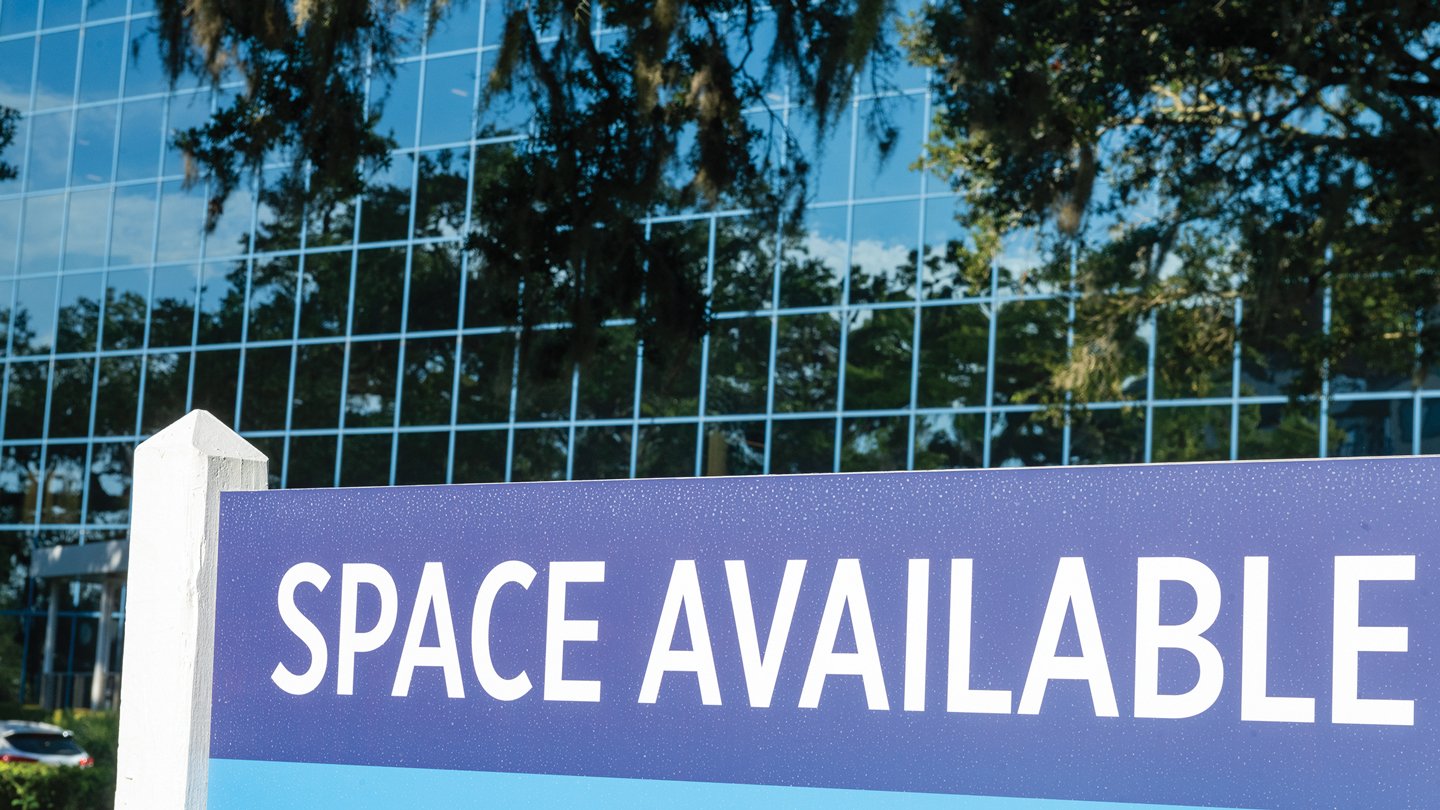
Basel Endgame Regulations Could Squeeze Real Estate Lending
New rules meant to protect against insolvency would reduce the amount of credit major banks can provide.
Read More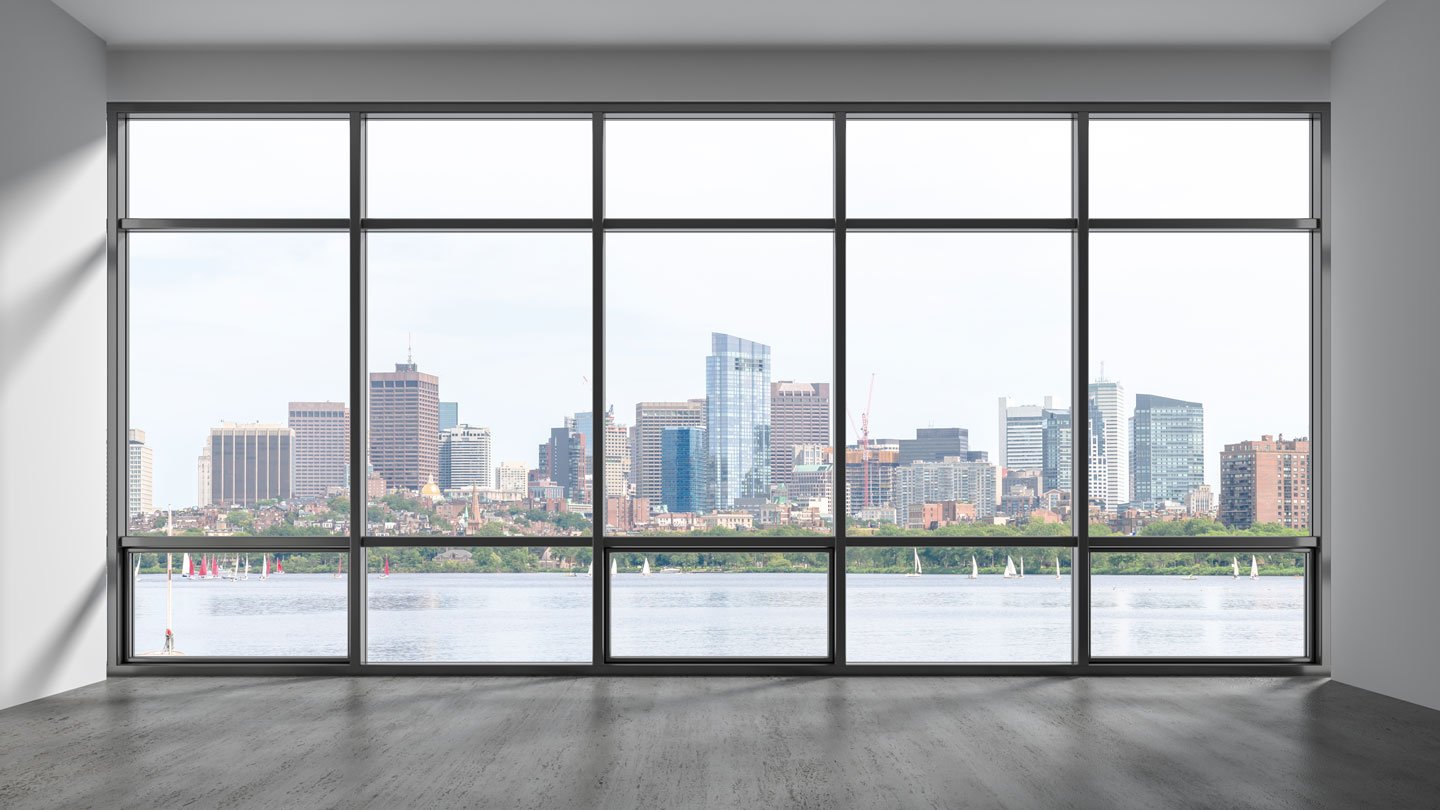
Governments Turning to Adaptive Reuse Legislation for Additional Housing
Tax breaks, streamlined approvals and grants are some of the supply-side incentives.
Read More
Chapter Profile: NAIOP Oregon
Members are supporting each other through challenges and identifying emerging opportunities.
Read More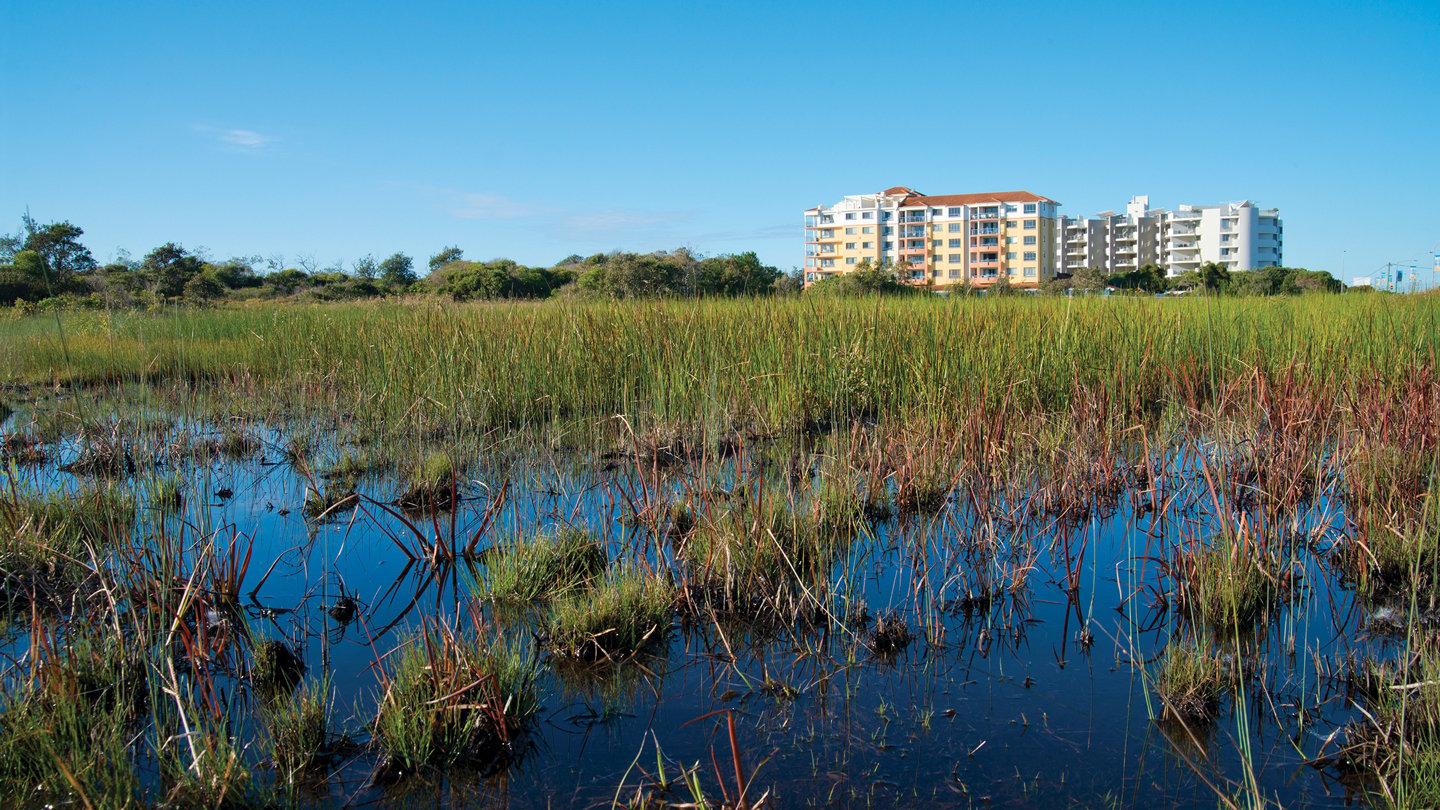
Supreme Court WOTUS Ruling Clarifies, Limits Federal Jurisdiction Over Wetlands
The ruling is seen as a victory for commercial real estate, agriculture and other industries.
Read More
The U.S. Debt Limit: A Biannual Debate
Commercial real estate could face major repercussions from political battles over spending and debt.
Read More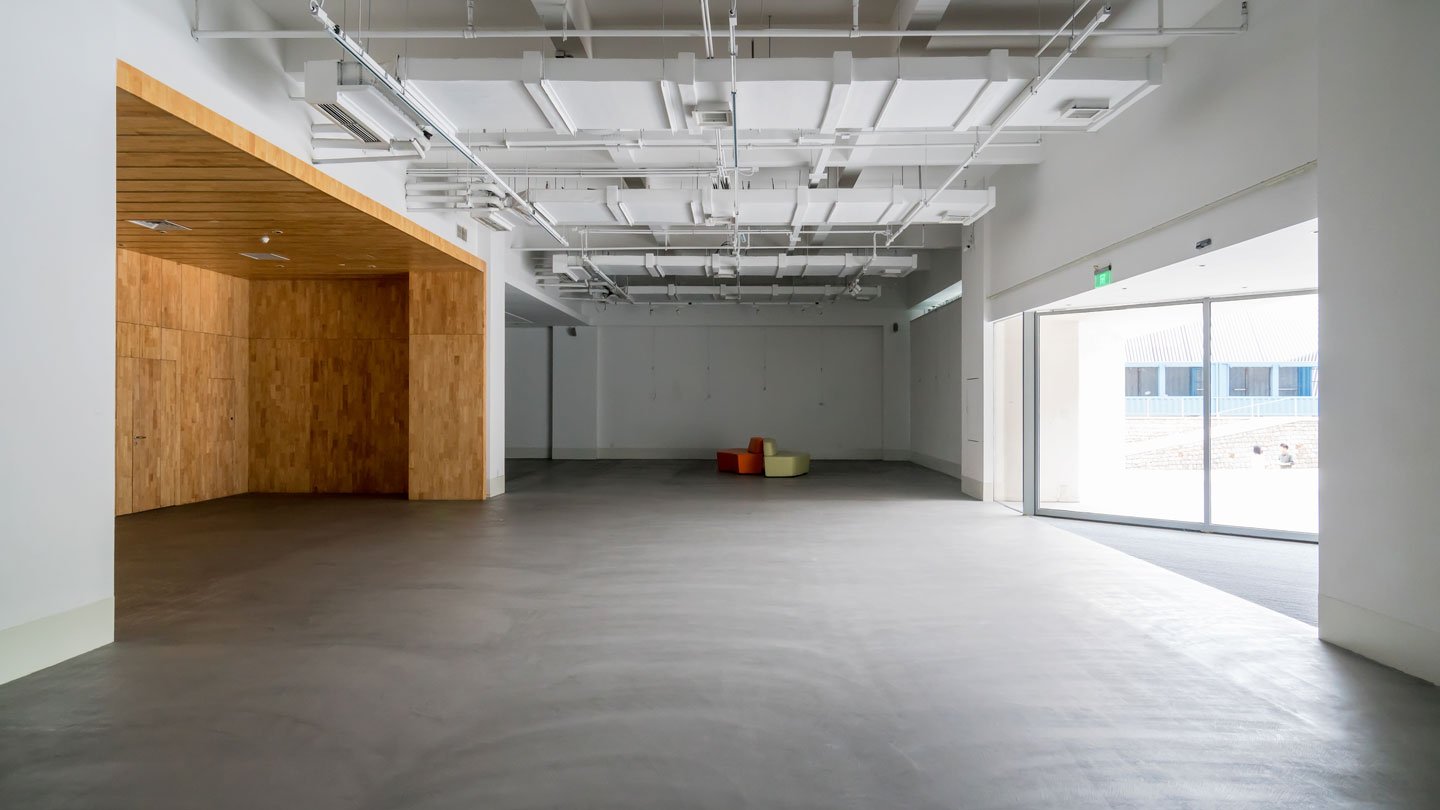
Federal Incentives Could Help Spur Property Conversions
Struggling office properties are prime candidates for adaptive reuse into residential buildings.
Read More
Commercial Real Estate Benefits from Inflation Reduction Act’s Climate Change Incentives
The bill expands tax breaks for energy-efficiency improvements in buildings.
Read More
Supreme Court Decision Upends Regulatory Framework
A landmark case involving the EPA could have far-reaching effects on how agencies make and enforce rules.
Read More
Biden Wetlands Regulation May Be Upended by Supreme Court
Waters of the United States case could resolve a long-running dispute.
Read More
Infrastructure Bill: A Down Payment on Addressing Climate Change, Energy Transformation
Recent federal legislation on greenhouse gas emissions gives the commercial real estate industry an opportunity to advocate for incentive-based policies.
Read MoreARCHIVED ISSUES

Winter 2024/2025 Issue
Development magazine’s winter issue delves into the evolving uses of artificial intelligence in the commercial real estate industry, from lease management and building operations to portfolio assessment and data analysis.
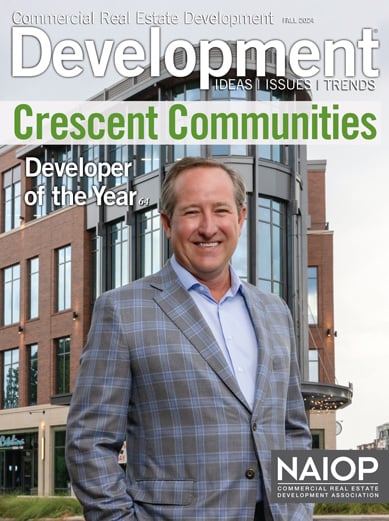
Fall 2024 Issue
Development magazine’s Fall issue profiles Crescent Communities, explores the growing impact of spaceport real estate around Houston and along Florida’s Space Coast, the commitment to prioritize employee well-being and environmental stewardship in the design of REI Co-op’s latest distribution center, and the innovations involved in the development of EVE (Electric Vehicle Enclave) Park in London, Ontario.



